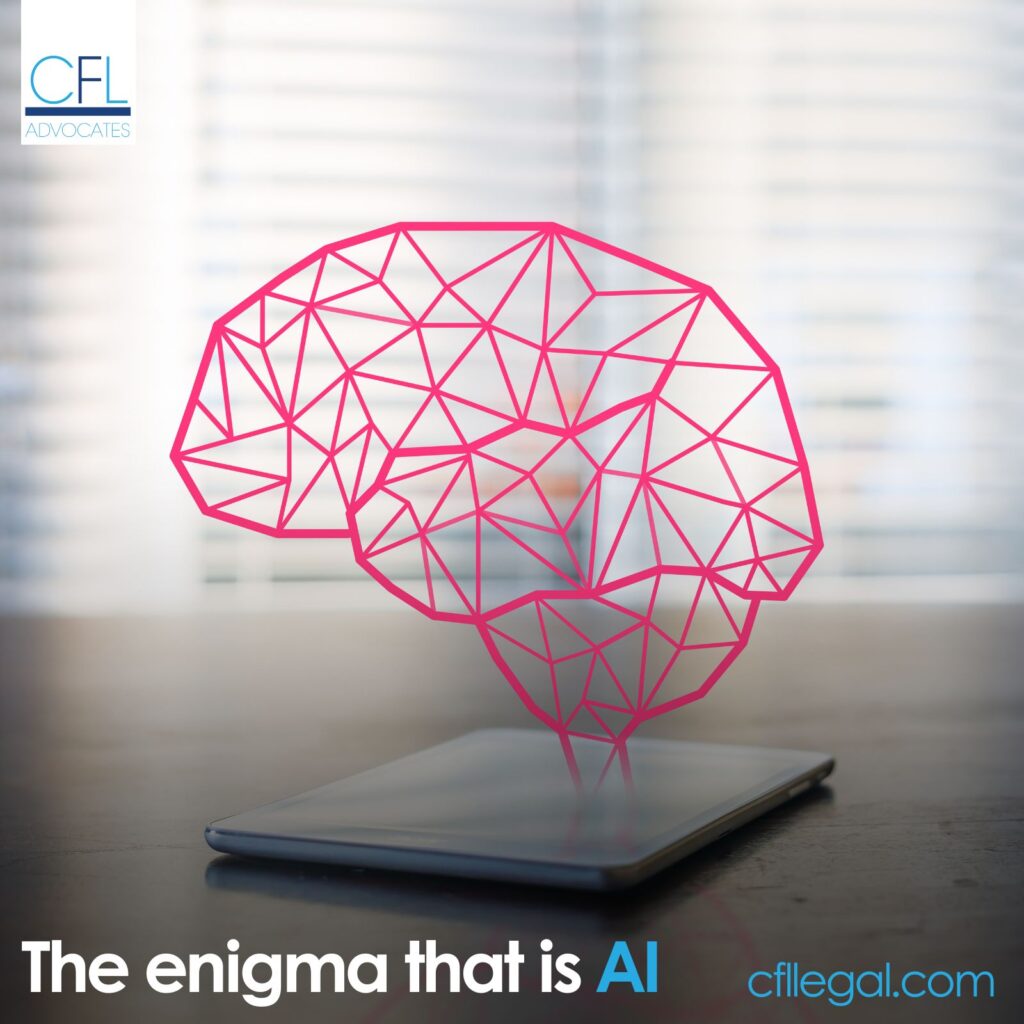
As Artificial Intelligence becomes more and more sophisticated, will Intellectual Property laws need to evolve to recognize non-human creators or develop new forms of ownership?
Think about it, can a machine create in the legal sense? This is one of the most debated topics in the world right now.
In most jurisdictions, the current intellectual property laws require human authorship. This means that even if the art or song is created by AI, the copyright typically vests in the person who provided the prompts rather than the AI itself.
The debate around AI authorship revolves around certain questions. They include:
- Originality: can AI really be a creator given that it learns from already existing data?
- Ethical consideration: should the author be the AI or the programmer?
- Rewards: if AI cannot benefit from intellectual property rights, does it hinder development of more advanced AIs?
Copyright offices insist they exist to reward human creativity, which machine lack because they have no consciousness or intent.
There is an ongoing discussion about creating hybrid legal frameworks whereby AI and human creations are both recognised and acknowledged.
These discussions have gone ahead to even recommend creation of new categories of intellectual property rights that are specifically designed for AI creations.
Despite numerous policy papers and few court proceedings, the framework for copyright ownership in AI generated materials seem elusive.
In the United States, in the case popularly known as the “monkey case”, the court held that a monkey cannot be an author under the current Copyright Act and dismissed the case. This was mainly due to the legal interpretation of “author”. (Naruto v. Slater, 888 F.3d 418 (9th Cir. 2018).
In China, a court recognised copyright in a picture created by AI finding that the human author behind it exercised sufficient creativity in prompting the AI tool. (Beijing Internet Court in Li V Liu, November 2023)
Countries such as the UK, India, New Zealand and South Africa, and other jurisdictions have classified AI generated works as “computer-generated works” by defining the author in their statutes to include the person who made the arrangements for the creation of the work.
In conclusion, while current legal frameworks demand for human authorship in copyright works, advancement and capabilities of AI is pushing the legal boundaries and prompting debates around re-evaluation of what it means to “create”.
The ongoing conversations have profound consequences on artists, songwriters and businesses.
The concept of intellectual property rights in an increasingly automated world is equally challenged and as AI continues to grow, so too must our legal treatment of creative outputs balancing both human ingenuity and technological advancement.


